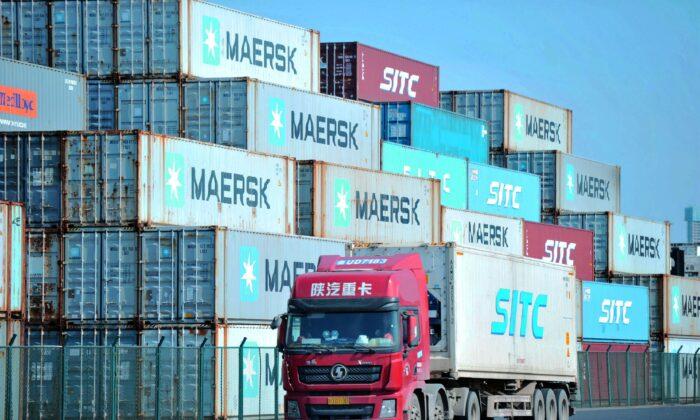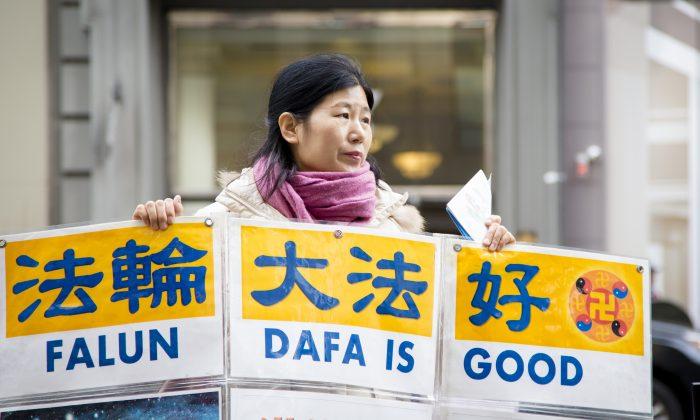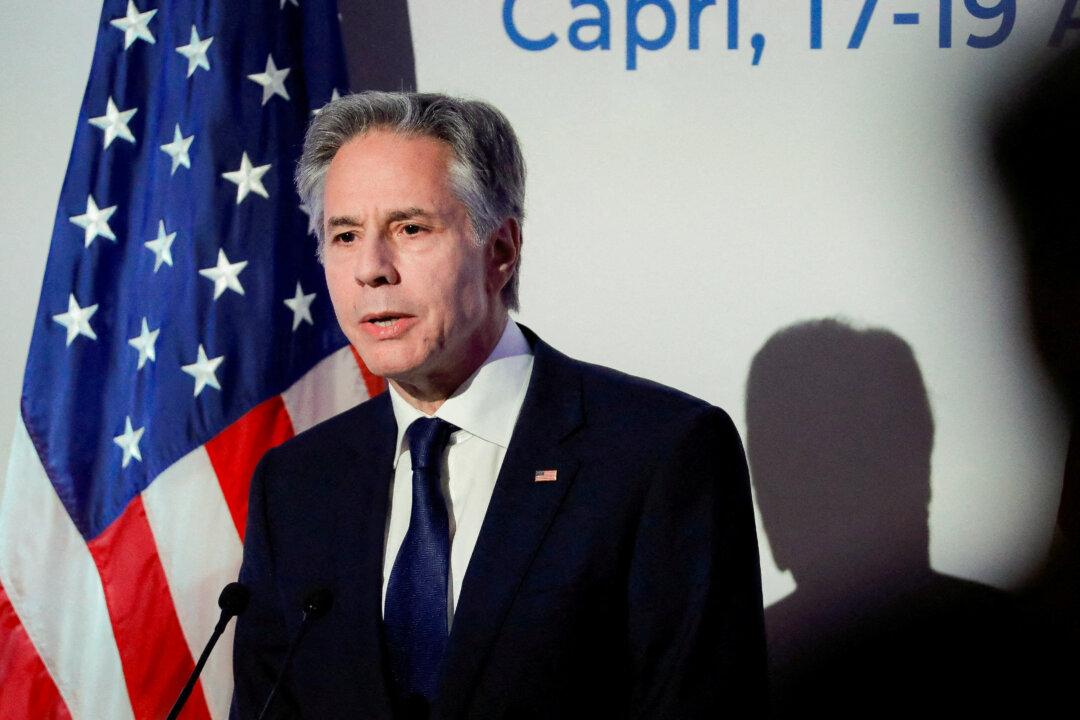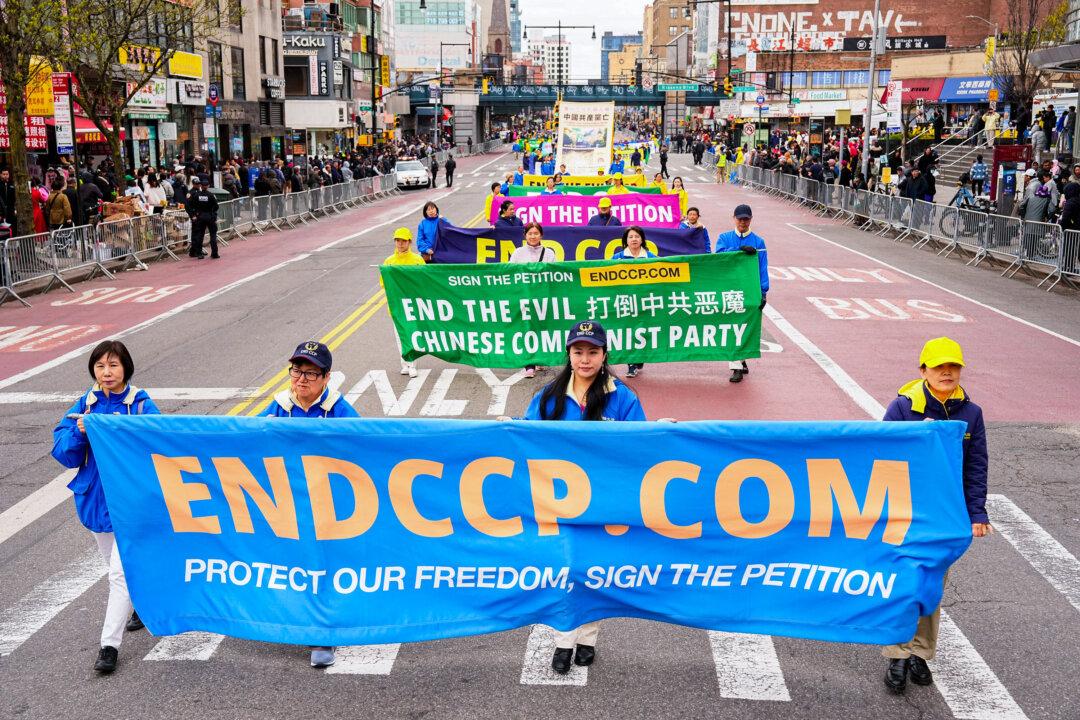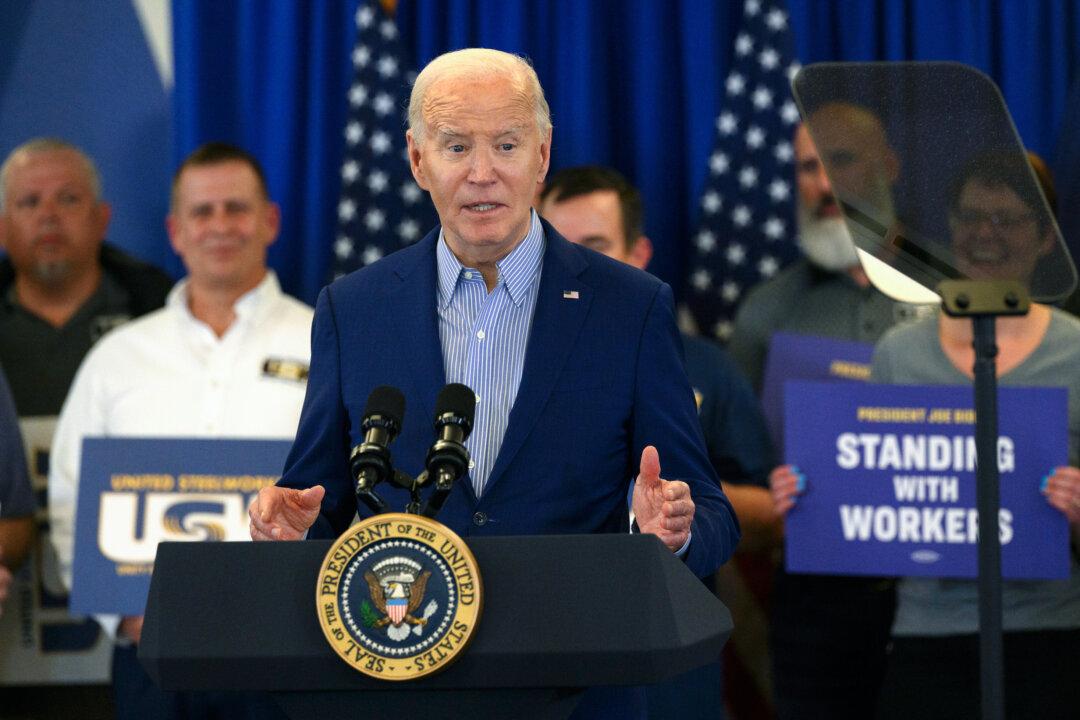Both U.S. and Chinese officials indicated that they are moving to finalize the “phase one” trade deal on Oct. 30, the same day when Chile announced that it would no longer host a major international summit meeting, during which the deal was due.
The Asia-Pacific Economic Cooperation was scheduled for Nov. 16 to 17 in Chile’s Santiago. The sudden cancellation could deny a meeting between the two countries’ leaders discuss the interim agreement to conclude a 16-month-long trade war.
“As of now, it appears APEC will not occur in Chile, and it’s our understanding the organization does not currently have a secondary site prepared,” White House principal deputy press secretary Hogan Gidley told White House reporters on Oct. 30. He added that the cancellation of the APEC meeting would not impact the progress of the trade deal.
“We look forward to finalizing Phase One of the historic trade deal with China within the same time frame, and when we have an announcement, we’ll let you know,” he said.
Agricultural products will be a major focus of the phase one deal negotiations. President Donald Trump said on Monday that they have been moving “ahead of schedule,” adding that the phase one agreement would “take care of the farmers” and “also take care of a lot of the banking needs.”
Trump has also said publicly that he expected China to buy as much as $50 billion worth of U.S. agricultural goods, more than doubling the annual amount in the year before the trade war began.
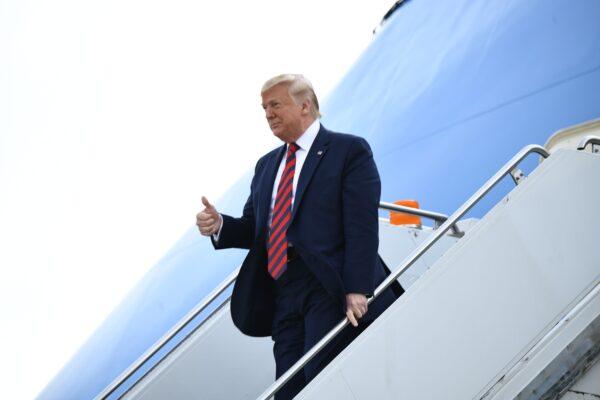
Geng Shuang, China’s foreign ministry spokesperson, said on Oct. 30 that “two sides made substantial progress … towards an agreement” during the 13th round of trade talks. He also noted that the heads of the two negotiation teams were on a phone call on Oct. 25 to “properly address each other’s core concerns” and will have another call soon.
“In the meantime, working-level consultations will be continued at a fast pace,” he said.
